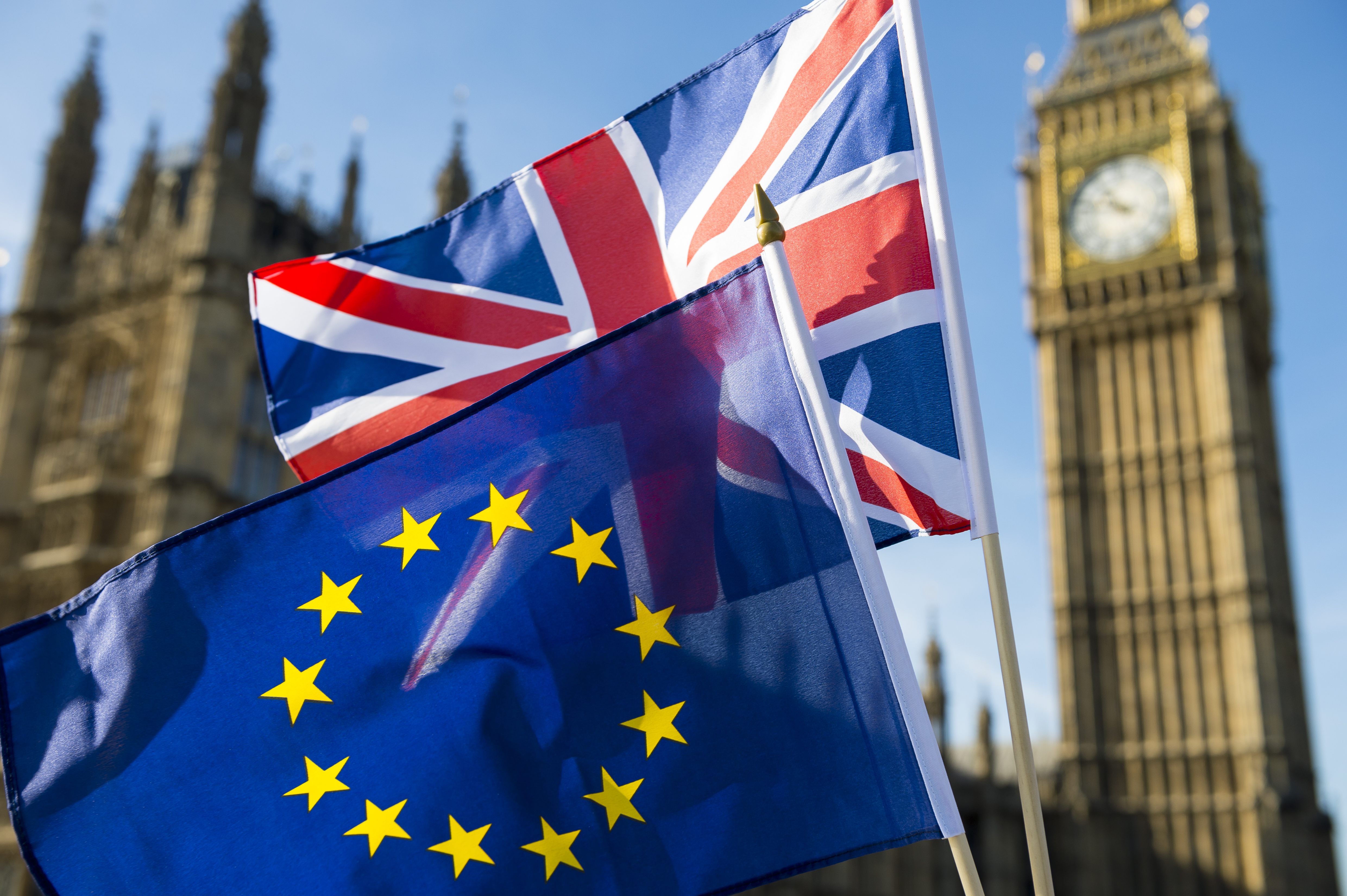
Many aspects of Brexit remain unknown and unpredictable; however, it is vital that businesses lay the groundwork for future trading now. Here, we summarise our tips for trading with the EU in a no-deal Brexit scenario.
1. Establish import and export formalities in both the UK & EU
Register for a UK EORI number and consider registering for an EU EORI number too. This will allow businesses to move goods into or out of the EU. Also consider appointing a customs clearance agent to facilitate exports or imports.
2. Know your supply chain partners
Review contracts with key suppliers and freight providers and ensure hauliers and freight forwarders are prepared with the relevant permits and registrations.
3. Determine product specific issues
Consider any changes to UK/EU port capacity, as well as changes to licensing requirements, particularly businesses operating in highly regulated fields.
4. Consider available reliefs
Consider an application for the emergency procedures announced by HMRC and review the reliefs and simplifications available for goods travelling through the EU to the UK.
5. IT issues
Consider any software changes to accounting and duty management systems you may need to make.
6. General Customs Compliance
Familiarise yourself with both existing and future UK and EU customs regulations and review customs valuation methods and processes.
The scope and consideration of businesses Brexit contingency plan will depend on several variables and will undoubtedly differ from business to business. No one can be certain what our relationship with the EU will be like in the future, but as Elbert Hubbard prophesised, “The best preparation for good work tomorrow, is to do good work today.”
If you’d like to speak to a specialist regarding any of the topics mentioned, please get in touch today.




